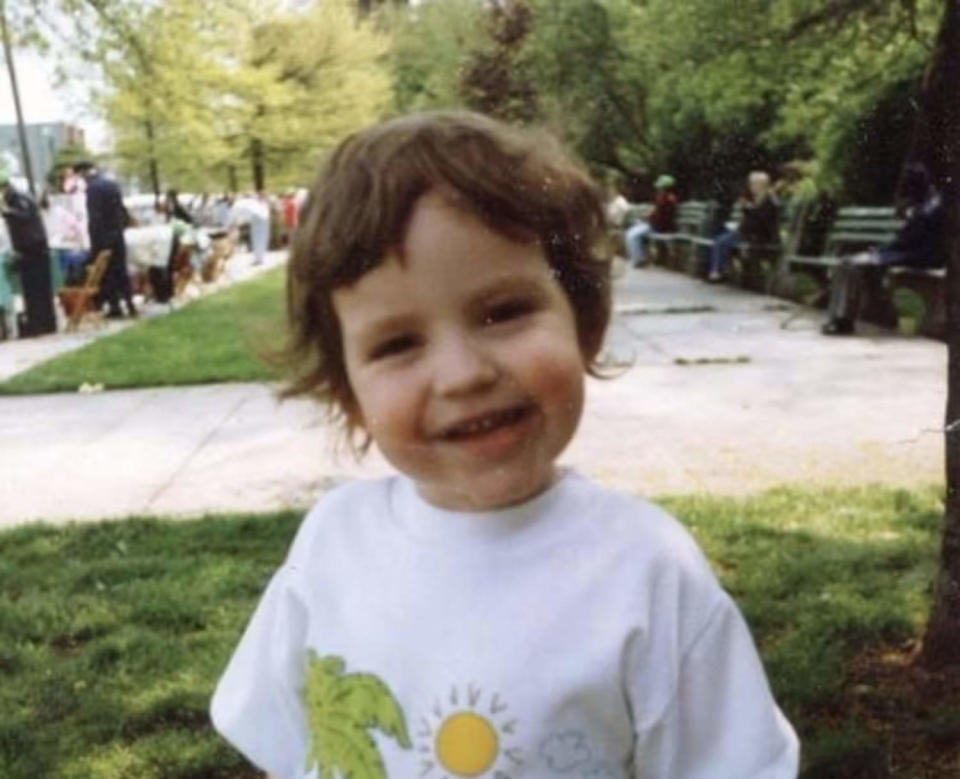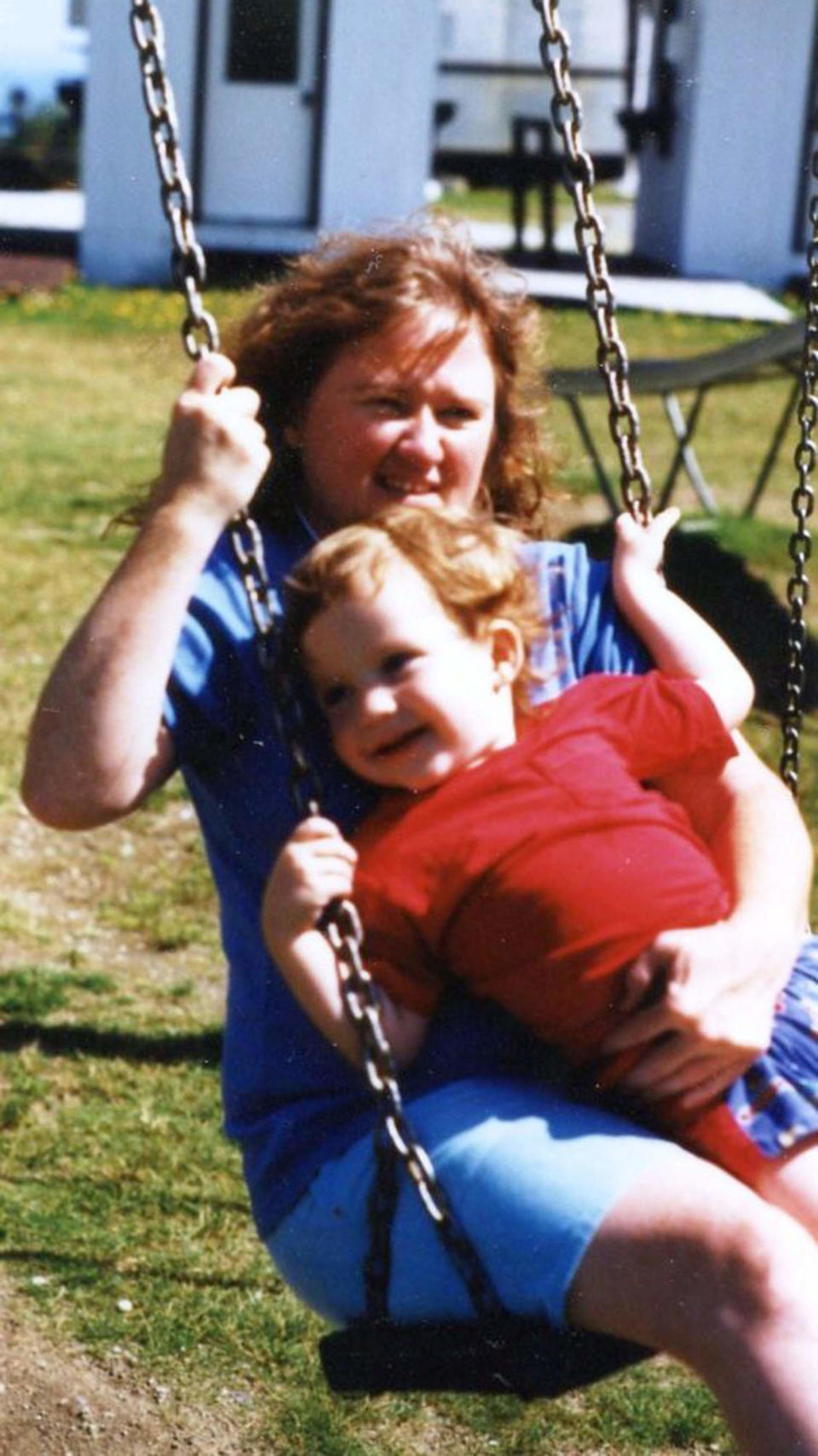An adult with autism shares the most important advice he gives to parents
As an adult with autism, Dr. Kerry Magro fields at least 100 messages a month from parents whose children are the autism spectrum. He got so many questions that Magro, who was once a nonverbal child, decided to write a book of answers for parents.
Autism is a neurological condition that affects a person's ability to socialize and communicate with others. The number of autism diagnoses has been on the rise for children in the U.S. in recent years, and more public figures — like Tallulah Willis, Sia and NBA star Tony Snell — have been making their diagnoses public.
Magro tells TODAY.com, "When I was diagnosed, the rate of an autism diagnosis in the United States was about 1 in 1,000. Today, it's 1 in 36."
'A challenging childhood'
Magro was not speaking at age 2.5, causing his parents to seek answers. It took 18 months for them to receive a formal diagnosis for their son: pervasive developmental disorder, a condition that is now included as part of autism spectrum disorder.
"I had a very challenging childhood," Magro recalls.
He had 15 years of different types of therapy, including speech, physical and occupational therapies. He finally started speaking at age 7 — in full sentences. As he grew, music and theater therapies were added to his schedule, and he says theater stood out as a "godsend."
Magro had intense interests as a child, like becoming the sixth member of the Backstreet Boys or the next Larry Bird. He earned a degree in sports management, but then decided to turn autism awareness and advocacy into a career.
He's now a professional speaker, he consults with companies on diversity, equity and inclusion, and he advises productions like Netflix's "Love on the Spectrum." Magro has written five books, the most recent of which, "Supporting Your Autism Journey: Autistic Adult Answers Your Burning Questions," is being released April 2, in honor of World Autism Awareness Day.
"I wear many hats in the disability world," he says. "Supporting those who have higher challenges than I do has really been a blessing in my life."
It's easy to see why so many parents reach out to Magro for help and advice.
A 'last resort'
"One of the universal themes whenever I'm talking to a parent is to remind them that your child is the same child they were before the autism diagnosis," Magro says. "They may now have supports because they have a diagnosis to help them thrive."
Magro has noticed that he is often the "last resort" for parents who have not gotten adequate or informed help from doctors — even if those doctors are well intentioned. Parents may not have family support or know other parents coping with an autism diagnosis.
"That can feel very isolating for anyone," he says. "But understand that you should love your child the same amount. They're the same person."
Magro says he was able to thrive because his parents accepted his diagnosis by accepting him. "Sure, they realized I would need supports and accommodations, but I was still Kerry."
He also tells parents, "Meet your child where they are in their development. There is no one-size-fits-all when it comes to autism." Everyone’s experience is unique. “If you’ve met one autistic person, you’ve met just that one autistic person,” Magro says. Your own child might have totally different strengths and challenges.
Even something as subtle as preferred language can change from person to person.
Magro says that the most important thing is to "validate based on the language the person prefers." They may prefer to be called "an autistic person, which is identity first" or they may want to be called "a person with autism, which is person-first language."
Making "positive change"
The responsibility of being the point person for so many families can be overwhelming, but Magro says he puts himself in the position of the people who are asking for his help.
"I hope to have kids one day, and one of the things I think about is that if my child is on the autism spectrum, I would want somebody I could reach out to if I had any specific questions," he says.
Knowing that people may not have anyone else to ask has "fueled my fire to help provide support," he says. At one point he had a spreadsheet with responses and websites for the people who emailed him. All of that information went into his book to help parents navigate their journey, Magro says.
"Having a story to share and hopefully being able to make positive change in the community was a dream-come-true scenario for me," he says.


This article was originally published on TODAY.com

